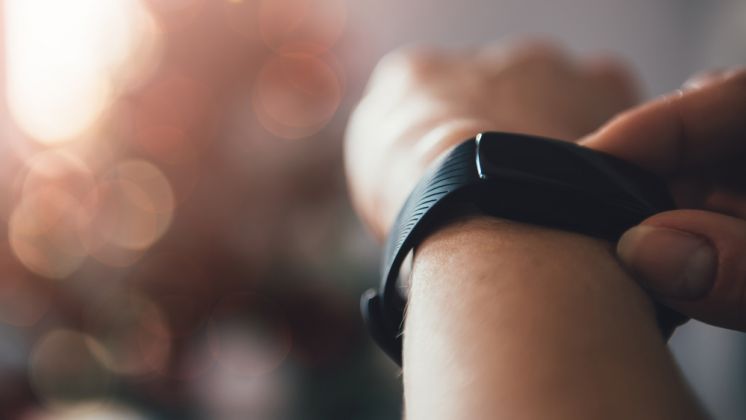Yes, Your Fitness Tracker Is Inaccurate. No, It Doesn’t Matter
As Which? has pointed out, fitness trackers have their issues, but they won’t send you eight miles past a marathon finish line

If you hunt down fitness trackers news and gossip as fastidiously as we do on Coach (or even if you don’t – this story was everywhere), you will have seen a Which? report suggesting that fitness trackers can be wrong by as much as 32% when it comes to distance tracked. The report “helpfully” pointed out that if you’d used such an inaccurate tracker for the London Marathon, you might have missed the finish line by eight miles.
Putting aside the idea that anyone would manage to run eight miles past the London Marathon finish line, or indeed get to 18.2 miles and assume they’re done despite the thousands of other people continuing past them at pace, this report had several flaws. The most important of these was that it completely disregarded the use of GPS, but we’ll come to that. First let’s go through some other problems so you’re not put off the tech unnecessarily.
The Which? test was done on people who walked on a treadmill for ten minutes, ran on a treadmill for ten minutes, and then did household chores like carrying shopping. The results were extrapolated to give the overall error for the marathon. An odd test and, we hardly need point out, very different from running a marathon.
When not using GPS, fitness trackers measure distance using an accelerometer that monitors your movement to estimate steps and distance covered. This usually takes into account your personal information like height and weight. It’s not the most accurate method but, crucially, most devices can be calibrated to be more accurate – by measuring and entering your stride length, for example – if you are desperate to get more precise stats.
See related
That said, if you are that desperate for accurate numbers, you’ll probably buy a tracker with a GPS in it. This uses satellites to track your position as you run, walk, cycle or whatever else while outside and gives a far more pinpoint distance measurement. It’s still not infallible, especially around tall buildings or in dense woodland, but it’s definitely accurate enough to use as a gauge of distance covered when exercising outside. If your training plan says “run 5K” and you do that based on your GPS watch, you can rest assured you’re not going to be that far off the mark. Although if two hours have passed and it says you’re at 3km, maybe try turning it off and on again.
In races even people with a GPS watch will often find it doesn’t match the race distance. One reason for that is that it’s rare that you take the shortest route around a race course – you may have to weave around people or you may not have a working knowledge of racing lines. The high buildings issue also comes into play with events in built-up areas. Even with these issues, GPS trackers tend to come in within half a kilometre of the actual race distance most of the time.
Fitness trackers aren’t always accurate. That won’t be news to anyone to used one. But they are usually consistent in how they measure your activity, which is important, because it allows you to compare one day with the next. Fitness trackers are also not the be-all and end-all of a healthy lifestyle, and most people get on brilliantly without them whether they’re running marathons or walking the dog. And slamming all trackers as wildly inaccurate based on a bizarre indoor walk/run/carry shopping test isn’t really fair or useful.
Sign up for workout ideas, training advice, reviews of the latest gear and more.

Nick Harris-Fry is a journalist who has been covering health and fitness since 2015. Nick is an avid runner, covering 70-110km a week, which gives him ample opportunity to test a wide range of running shoes and running gear. He is also the chief tester for fitness trackers and running watches, treadmills and exercise bikes, and workout headphones.
